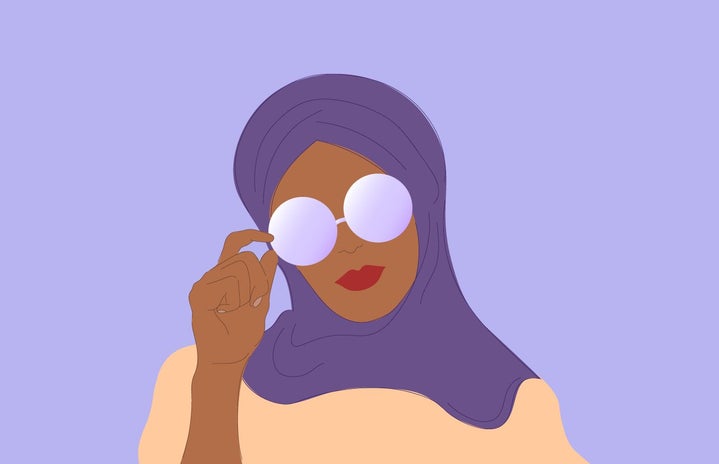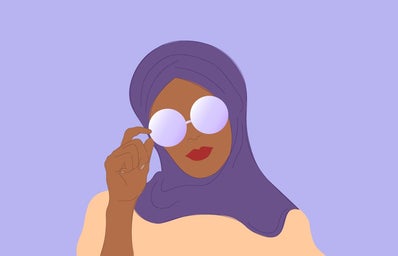Hijab is a fabric that Muslim women use to cover their hair and the shape of their body, but the face remains open completely; the niqab is used to cover the face except the eyes. Muslim women wear hijabs to show obligation to God (Allah). Some women, also, like to cover both their hair and face by wearing both a hijab and a niqab. Some people, especially non-Muslim individuals, view these kinds of face-covering as a sign of oppression. They presume women are getting controlled by men who are telling them to wear hijab and niqab. So, these non-Muslim people decided to free these “oppressed” women by banning face coverings in multiple countries. Sounds like putting individualistic beliefs on Muslim women’s lives to me.
According to the BBC, “on 11 April 2011, France became the first European country to ban the full-face Islamic veil in public places.” The Islamic veil/niqab is still banned in France while wearing masks has become mandatory in public places. As such, Muslim women who wear the niqab in public places have to pay fines. In the same article, it was said that, “the penalty for wearing an Islamic veil in public places is a 150 euro (£133, $217) fine and instruction in citizenship. Anyone found forcing a woman to cover her face risks a 30,000 euro fine. Data from 2015 showed that 1,546 fines had been imposed under the law.”
Banning niqab but mandating wearing masks in public places is the epitome of hypocrisy that a government can reach. Face masks are used to cover the face except for the eyes so that people don’t transmit droplets and risk infecting people. Even though face masks and niqabs are used for different reasons, covering the face except for the eyes is common in both of these methods. Some argue that the niqab covers one’s identity, which may lead to people getting away with committing crimes. Ironically, the face mask also hides one’s identity since it also covers the face except for the eyes. So I don’t understand why niqab is still banned in France and some other countries. Additionally, some western non-Muslim people wonder why only Muslim women have clothing restrictions, but men are allowed to wear anything that they want, which is untrue. They don’t know that Muslim men are not permitted to wear silk clothes and gold. The belief that men are free to do anything prevents westerners from thinking that Muslim men also have restrictions in their daily life just as Muslim women do. There are even restrictions placed on both men and women as they are both told to lower their gaze and be modest.
The western view of society tells us that women are always oppressed by men. So some people use this notion to portray that women all around the world are oppressed while that is untrue. Islam doesn’t advocate for oppression, so if a Muslim woman is forced to do something it’s because of the culture she has been raised in, not because she follows Islam. People often confuse culture with religion, but they are two different entities. Western countries like France have no right to stop Muslim women from wearing a veil when western Muslim women are not the ones who usually get oppressed. Instead, this banning of the Islamic veil disrupts the ability of Muslim women to freely express themselves in public places. So, with this reasoning, it is hypocritical to ban Islamic veils in France because the reason behind banning them can also be applied to ban face masks that France has made mandatory to wear in public places.


